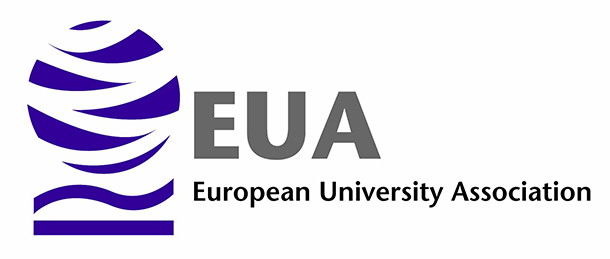
On April 12, the European University Association released an analysis of the state of global university rankings which critiqued a number of rankings, including the Times Higher Education Reputation ranking, in which NYU holds the 29th position.
This report is the second analysis conducted by the EUA. The first was released in June 2011.
“EUA hopes that this second report will contribute to making universities and policy makers alike more aware of the potential uses and misuses of rankings and their impact, for example, on student recruitment, immigration policies, the recognition of qualifications and choice of university partners,” said Tia Loukkola, head of the quality management unit of the EUA.
Loukkola explained that global university rankings usually focus on the research of a university and neglect smaller schools that have strengths in other fields.
“[They] do not necessarily provide an overall picture of the strengths or weaknesses of universities’ education,” Loukkola said. “Discussions at last week’s EUA annual conference highlighted again the difficulties of conceiving an objective ranking.”
Steinhardt higher education professor Ann Marcus said that one of the drawbacks of international rankings is that more prestigious schools receive more funding for their research than smaller, newer universities.
“There is now an increasing trend, including in some U.S. states, to shift more funding to those universities which are already highly ranked or elite,” Marcus said. “This often means less money for regional universities, which serve the majority of students.”
Steinhardt higher education professor Floyd Hammack explained that rankings of universities can only be based on tangible criteria, which is why research universities rank well.
“Research and publications have a very public quality,” Hammack said. “The problem with teaching is that it is, except for online courses, a private, ephemeral affair. That is why research and publications are emphasized in rankings.”
LSP freshman Briana Sylvester said students could miss out on a school perfect for them if they chose based on ranking, but she admits that attending a highly ranked university is beneficial.
“Top-tier schools do not automatically equal success and happiness, but I do believe that a diploma from a high-ranked college may stand out more than a diploma from a university little to no one has ever heard about,” Sylvester said.
CAS junior Sam Rolfe agreed with the analysis’ point that the global rankings focus on the math and science programs at a university, but that his reasons for coming to NYU did not include its global ranking.
“NYU has a fantastic anthropology and religious studies program for example, and I would continue to attend NYU if it were not as highly ranked as it is,” Rolfe said.
Su Sie Park is a staff writer. Email her at [email protected].












































































































































Justin Menard • Apr 26, 2013 at 10:34 am
Not only are their multiple rankings but the criteria’s vary considerably. If you look at this side by side comparison of 9 World University rankings (http://listedtech.com/content/9-world-university-rankings-side-side-part-1)
you can see that individual rankings vary considerably by University (ex: University
of Cambridge has a rankings as low as 2 in QS Eorld and 56 in for the G-factor
ranking.